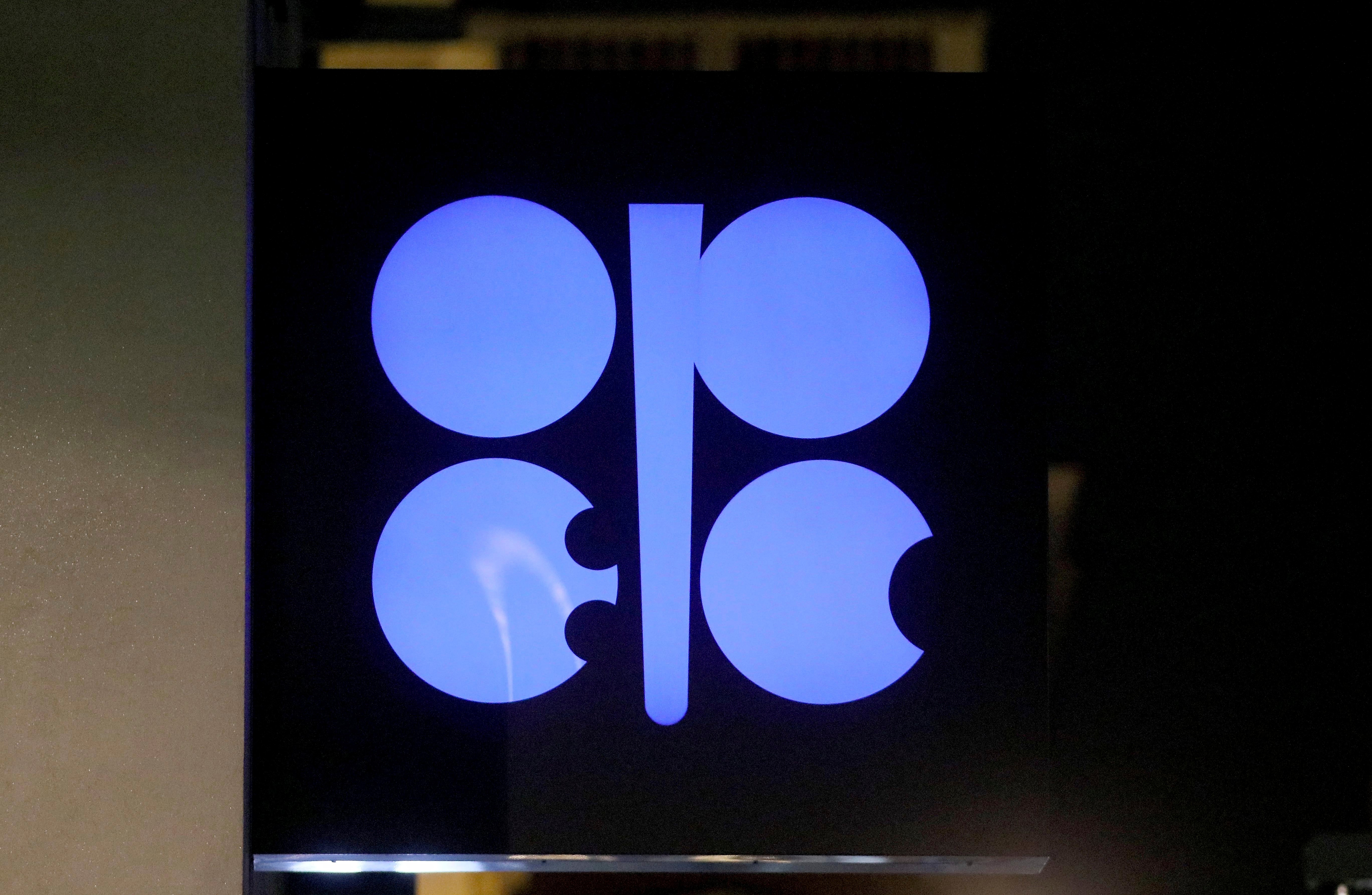Members of oil cartel to meet as coronavirus rattles demand
Leaders of the OPEC cartel are meeting virtually to decide how much oil their countries should produce as the coronavirus stifles demand for fuel

Your support helps us to tell the story
From reproductive rights to climate change to Big Tech, The Independent is on the ground when the story is developing. Whether it's investigating the financials of Elon Musk's pro-Trump PAC or producing our latest documentary, 'The A Word', which shines a light on the American women fighting for reproductive rights, we know how important it is to parse out the facts from the messaging.
At such a critical moment in US history, we need reporters on the ground. Your donation allows us to keep sending journalists to speak to both sides of the story.
The Independent is trusted by Americans across the entire political spectrum. And unlike many other quality news outlets, we choose not to lock Americans out of our reporting and analysis with paywalls. We believe quality journalism should be available to everyone, paid for by those who can afford it.
Your support makes all the difference.Leaders of the OPEC cartel are meeting virtually to decide how much oil their members should produce as lockdowns related to the coronavirus continue to stifle demand for crude
They're expected to extend production cuts well into the new year, in an effort to boost volatile oil prices.
The OPEC nations, led by Saudi Arabia, will be meeting Monday. The group has to reach agreement among its member countries and the additional members in the group known as OPEC Plus, which is led by Russia. Members of the OPEC Plus group will meet Tuesday.
It's tricky to predict how much oil the world will need with coronavirus cases surging around the world. The industry has seen some hopeful signs, with several drug companies reporting promising results from coronavirus vaccine trials. But some experts warn that oil demand may never fully recover, because the coronavirus travel restrictions, combined with the steps governments and corporations are taking to reduce use of fossil fuels to combat global warming, may have put a permanent dent in oil demand.
Plus, the coalition of oil-producing countries has been restricting its output for months, straining its members.
“The longer these agreements go on, the harder it is to hold it together,” said Jacques Rousseau, managing director at Clearview Energy Partners. “There becomes too much temptation for countries to exceed their production targets.”
OPEC and its allies agreed to cut production in April by about 10 million barrels per day through July. Then in August, as some cities around the world took steps to re-open their economies, the group upped its production so it was cutting 7.7 million barrels per day through year-end. They planned to increase production in January so that the cuts would be just 6 million barrels per day.
But experts expect the group to continue with cuts of about 7.7 million barrels per day in the coming months. Saudi Arabia’s energy minister recently indicated willingness to revisit the agreement and prolong the cuts.
Other countries that want to produce more, such as the United Arab Emirates or Iraq, could create conflict in the meetings, Rousseau said. Complicating matters, Libya - which was exempt from cuts because of instability in the country - has ramped up production to about 1 million barrels per day, up from a low of just 100,000 barrels during the spring and summer, he said.
Energy forecasters around the world, including those employed by OPEC, have been lowering their forecasts about how much oil will be needed. One reason: airline travel, especially for long-haul international trips, has been dramatically reduced, and is not expected to rebound for a few years.